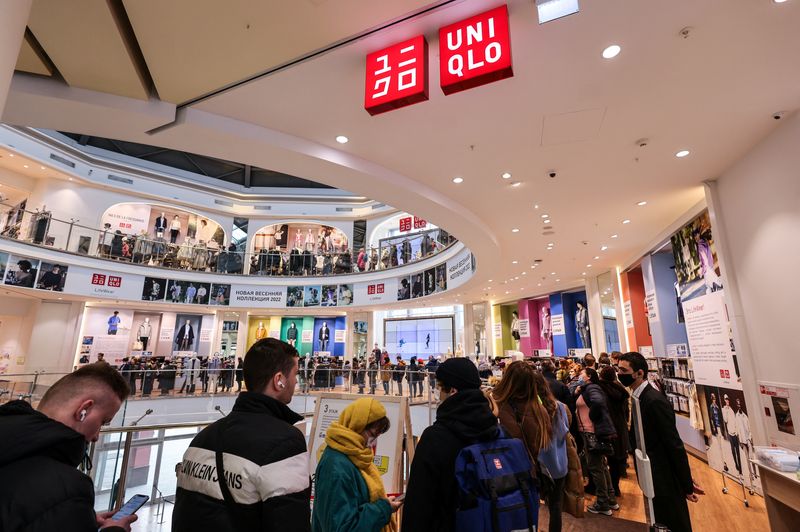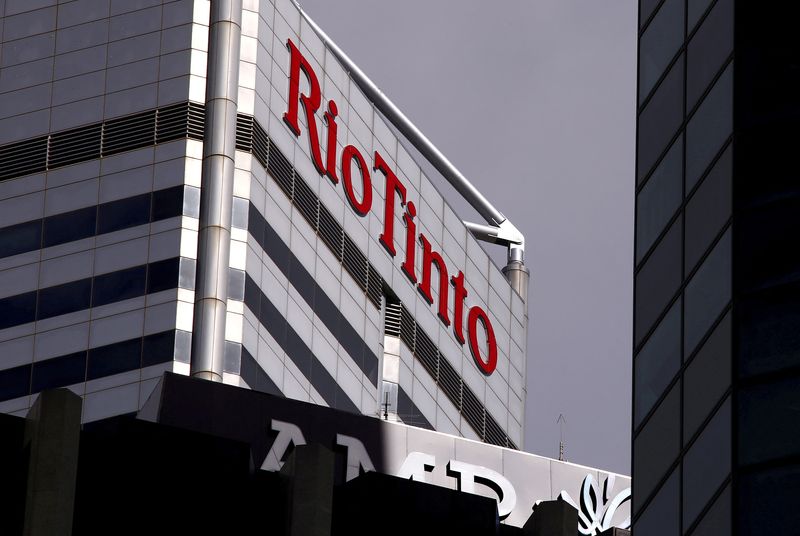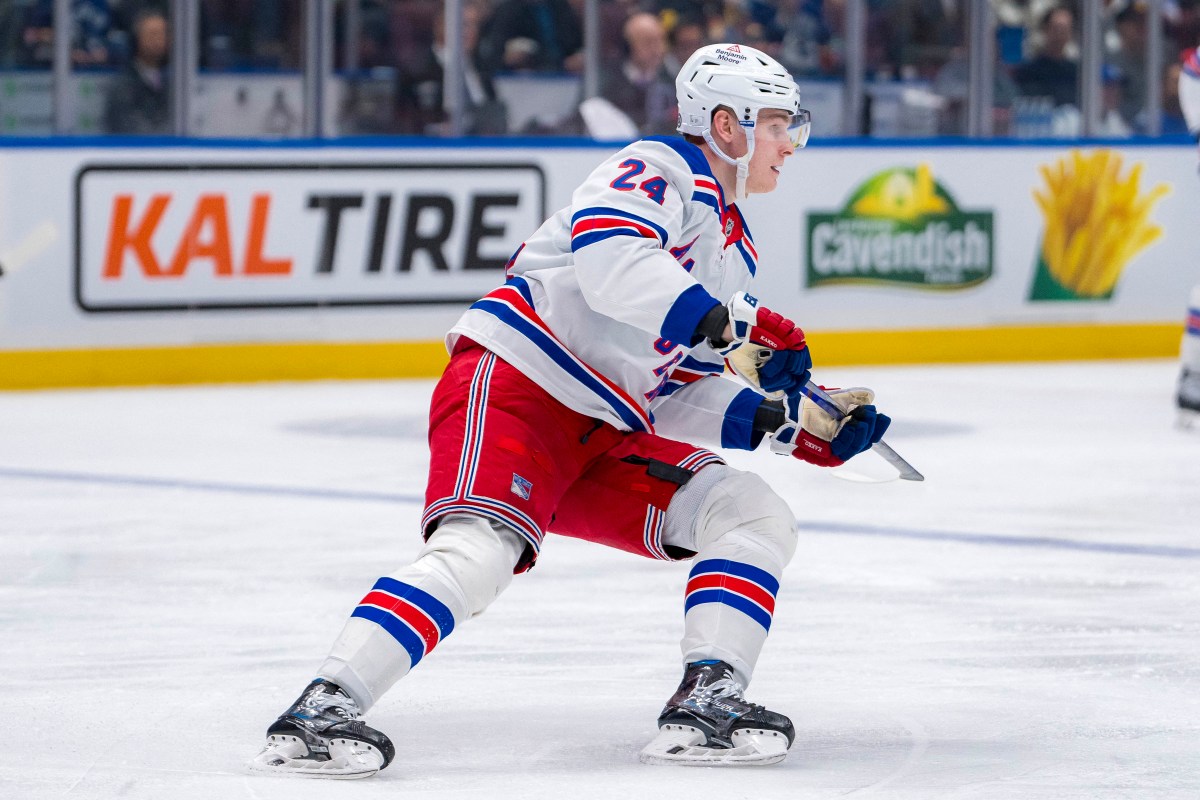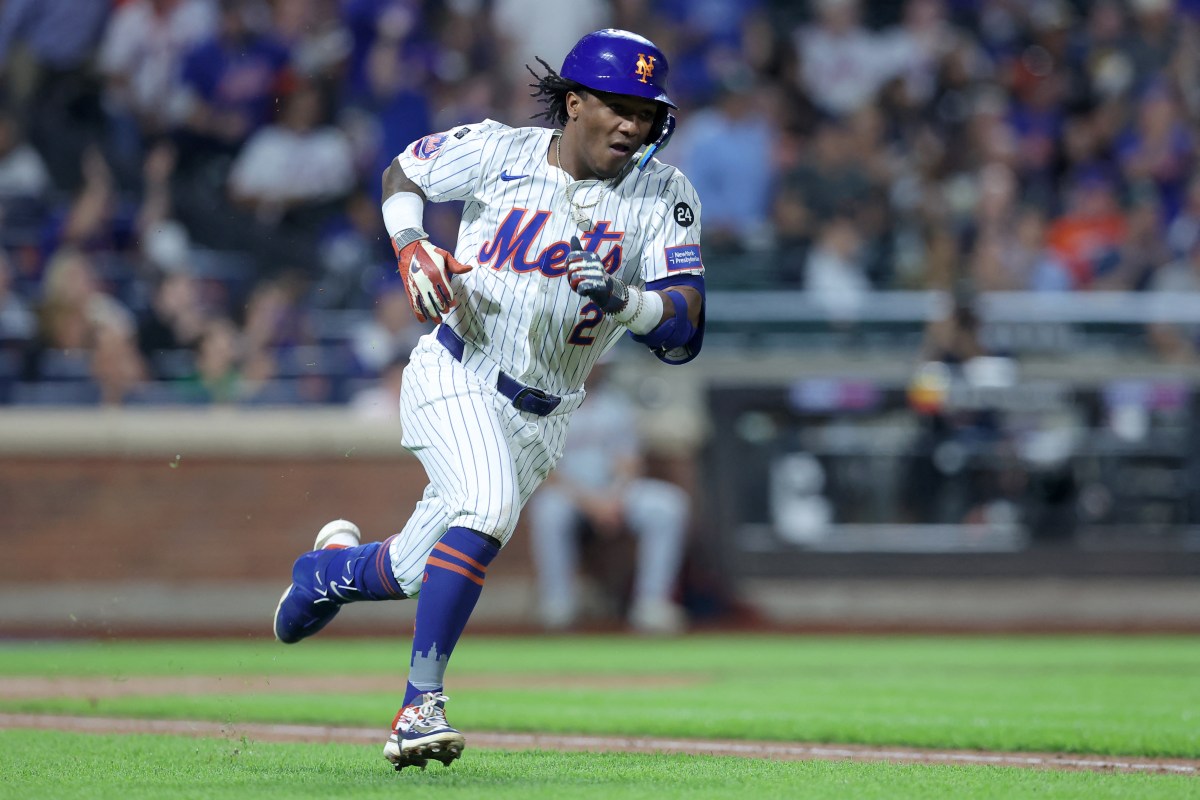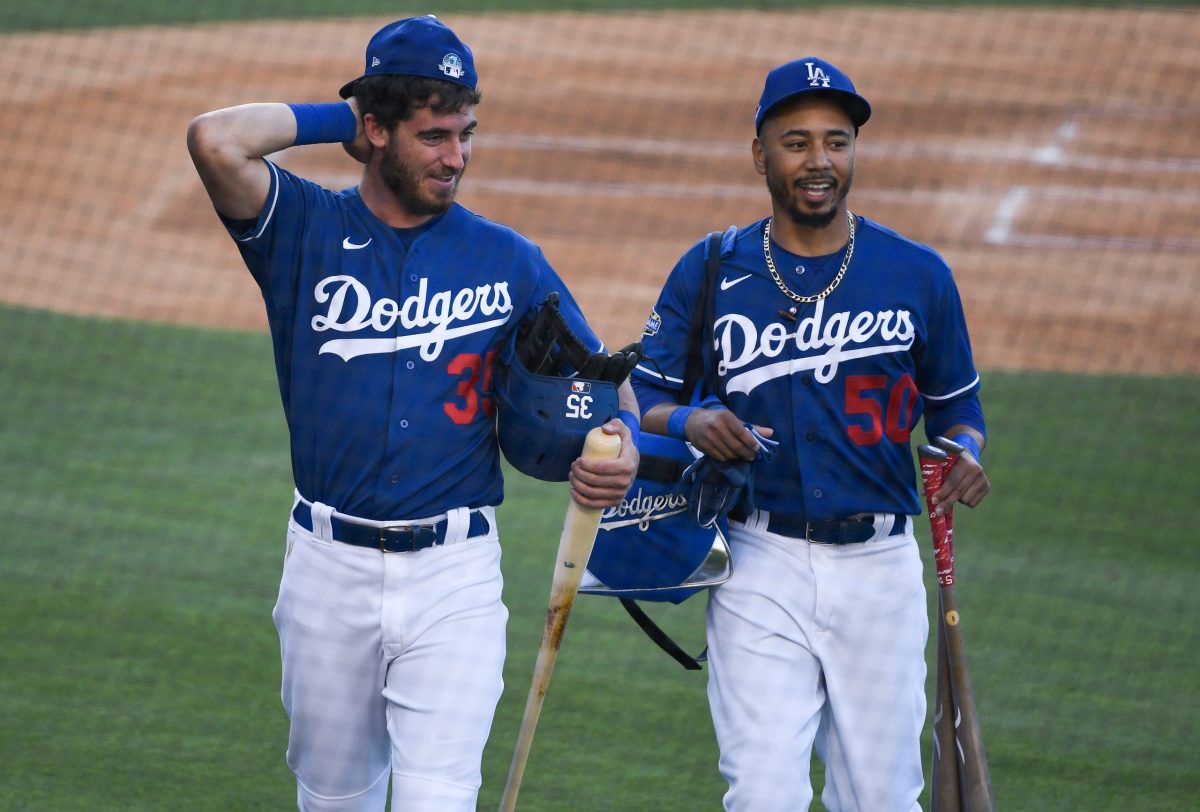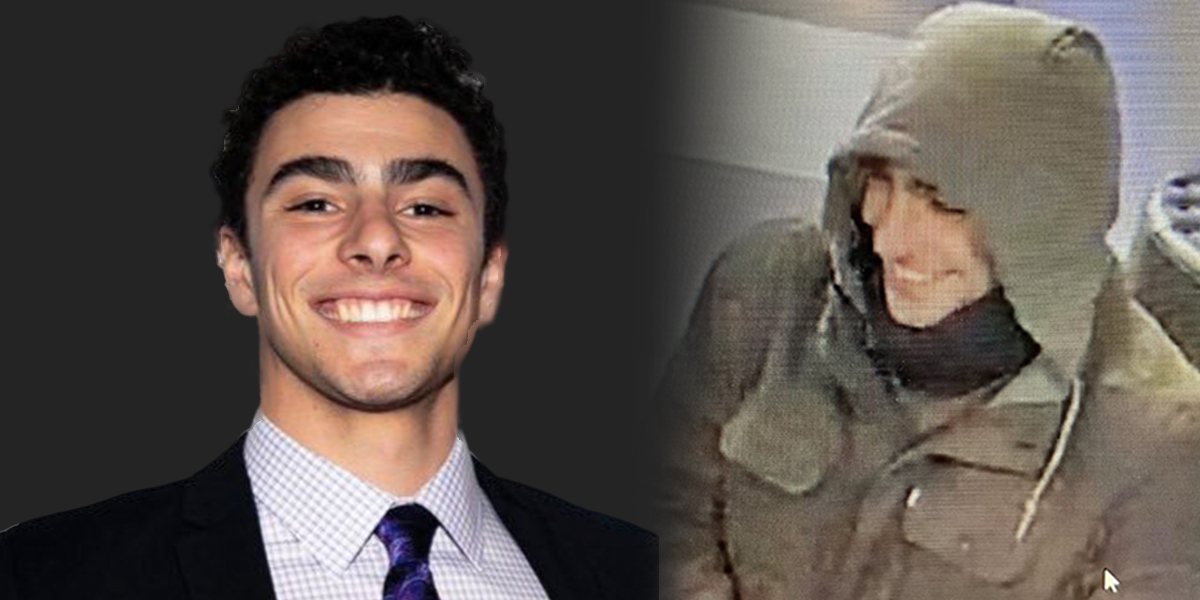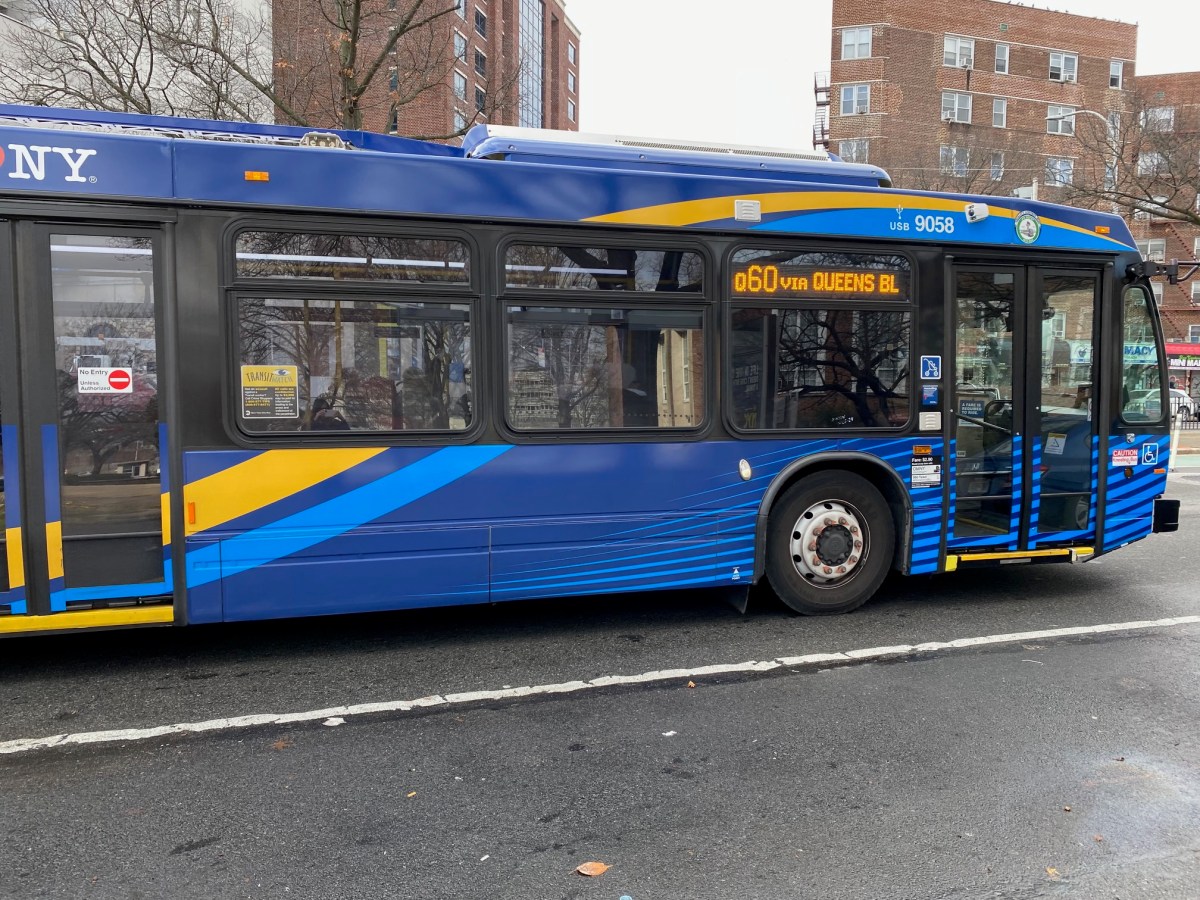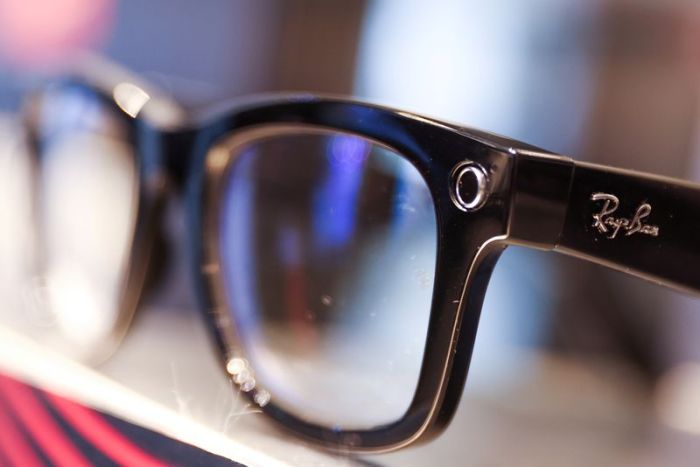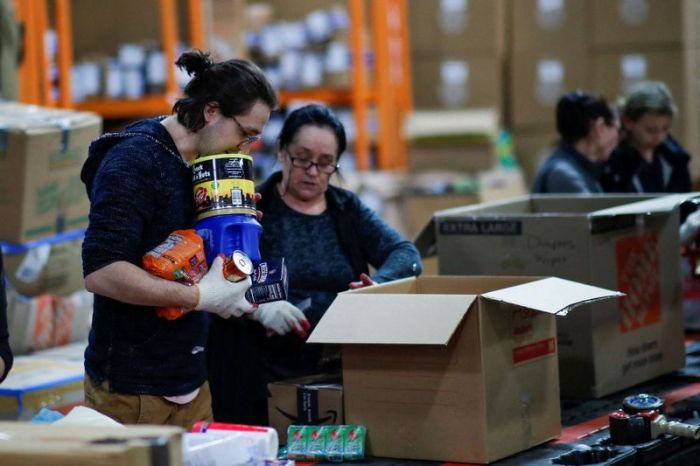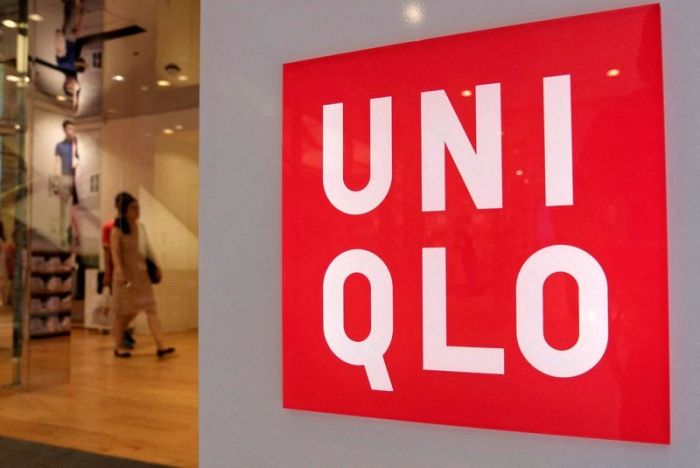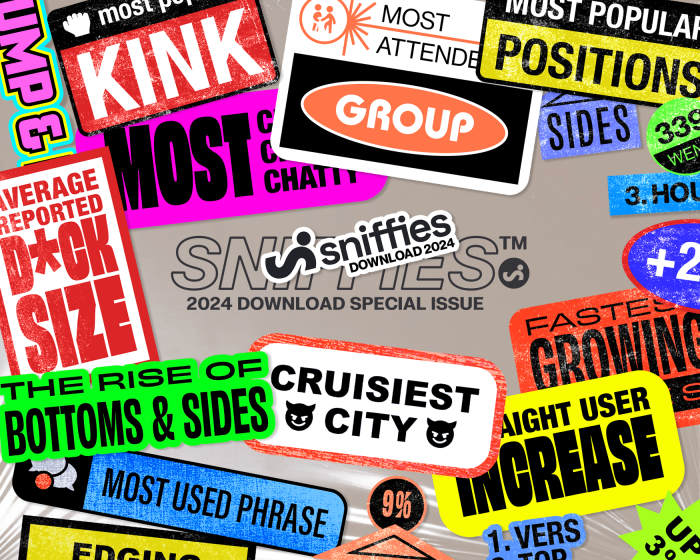(Reuters) – Japanese brands Uniqlo and Japan Tobacco made U-turns and said they were stopping business in Russia, joining the corporate crowd shunning Moscow on Thursday, and Britain escalated sanctions against oligarchs including Chelsea soccer club owner Roman Abramovich.
Investment bank Goldman Sachs became the first U.S. bank to quit Russia, and global grain trader Bunge said it had suspended new export business from Russia, although it is still crushing oil seeds for the domestic market..
Russian President Vladimir Putin said that his country would emerge stronger and more independent from Western sanctions, which he said were inevitable. The corporate condemnation of Russia’s attack on Ukraine is spreading, but Putin, who calls the war a special military operation, said he had no choice.
The fallout is also broadening among Putin’s personal allies, as Abramovich and six others including Igor Sechin, CEO of Russian energy giant Rosneft, became the highest-profile oligarchs sanctioned by Britain since the invasion.
The action effectively puts Chelsea under UK government control, halting any disposal, and stopping new ticket or merchandise sales.
Britain’s move came as the first major mining company, Rio Tinto, said it is cutting all ties with Russian businesses, including fuel and other materials’ sources for its Mongolian copper operations at Oyu Tolgoi, where possible, and the use of an alumina refinery in Ireland.
Japan’s Sony and Nintendo suspended deliveries of their gaming consoles; Sony’s music businesses and Warner Music Group also stopped business in Russia.
HOTELIERS STEP BACK
Major fast-food, drinks and consumer goods companies, led by McDonalds and Coca-Cola, have stepped back from Russia following pressure from customers in the West.
Hotelier Marriott International closed its Moscow office and joined Hilton and Hyatt in suspending developments.
The exodus by Japanese companies picked up steam, with many describing the decisions in practical terms.
Uniqlo owner Fast Retailing had told Japanese media that the company would continue operating its 50 stores in Russia because “clothing is a necessity of life,” but on Thursday the company said it could not continue business in Russia because of “a number of difficulties.”
Japan Tobacco, which controls about one-third of Russia’s tobacco market, said its subsidiary would stop investment, marketing and a launch of a heated tobacco product.
Japan’s Shiseido suspended exports of its cosmetics to Russia from Europe as well as advertising and promotions, and Mitsubishi Electric said it would stop exports to Russia, where operations were in a “difficult situation”.
Japanese construction machinery supplier Hitachi said it would stop exports and cease most operations in Russia except for vital electrical power facilities, following similar exits by American industrial companies Caterpillar, 3M Co, Deere and Honeywell.
“We took multiple factors including the supply chain situation into account,” a spokesperson for Hitachi said, echoing a statement from Caterpillar.
While some companies such as Ford and Apple have condemned Russia’s invasion of Ukraine, others including Japanese automaker Toyota have taken a more neutral stance, blaming a halt in production in Russia on logistical hurdles.
Swiss bank Credit Suisse flagged a roughly $900 million Russian credit exposure, including lending to wealthy clients, following disclosures from Italy’s UniCredit and France’s BNP Paribas.
Suzuki’s Hungarian factory suspended car exports to Russia and Ukraine, about 10,000 vehicles a year, in one of the first signs of the conflict hitting the broader economy in the region.
Sweeping Western sanctions have isolated Russia, while shippers have suspended routes and European Union leaders plan to phase out buying Russian energy in a bid to be less dependent on the country.
The war, which entered its third week on Thursday, has killed thousands of people and rendered more than two million refugees.
It has decimated the Russian rouble, roiled stock markets and prices of oil and other commodities have skyrocketed, adding to global inflation that was surging even before the conflict began.
Alphabet Inc’s YouTube and Google Play store are suspending all payment-based services in Russia, including subscriptions, as sanctions start to pose banking challenges.
They had earlier stopped selling online ads in Russia.
PAY IN ROUBLES
Russia plans to order local airlines to pay for leased aircraft in roubles and bar them from returning planes to foreign companies if the latter cancel the lease, according to a draft law published on Thursday.
Lessor BOC Aviation said it had 18 planes worth $935 million leased to Russian airlines that could be affected by the sanctions and insurance policy cancellations.
Moscow, which calls the war a “special military operation,” has warned it might nationalise idled foreign assets in retaliation against Western sanctions.
Rio Tinto, which owns an 80% stake in a joint venture with Russian aluminium producer Rusal, said it was “in the process of terminating all commercial relationships it has with any Russian business.”
Italian energy group Eni suspended the purchase of oil from Russia and said it was watching developments closely with regards to gas procurement.
(Reporting by Michael Holden in London, Niket Nishant in Bengaluru, Matt Scuffham and Sinead Cruise in New York, Praveen Menon in Wellington, Sam Nussey, Rocky Swift, Tim Kelly and Mariko Katsumura in Tokyo, Brenna Hughes Neghaiwi in Zurich, Paresh Dave in Oakland, Dawn Chmielewski in Los Angeles, Karl Plume in Chicago and other Reuters bureaux; Writing by Sayantani Ghosh, Paul Sandle and Peter Henderson; editing by Susan Fenton and Nick Zieminski)

